※This article was published at February 2015.※
Have you ever seen traditional Japanese kaleidoscopes?
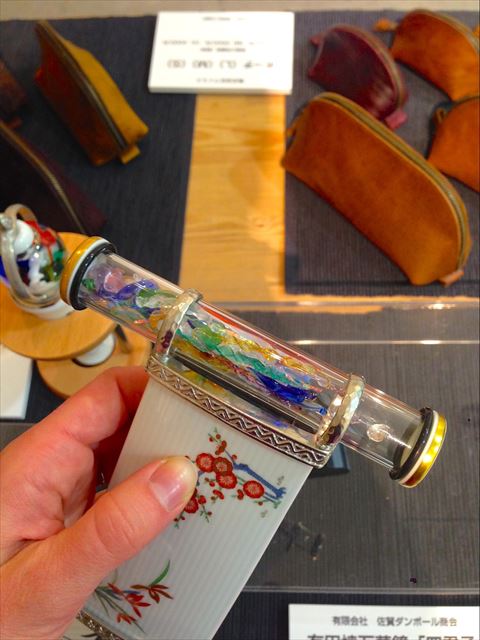
Here are some made in the very famous fine porcelain from Imari region in Japan.
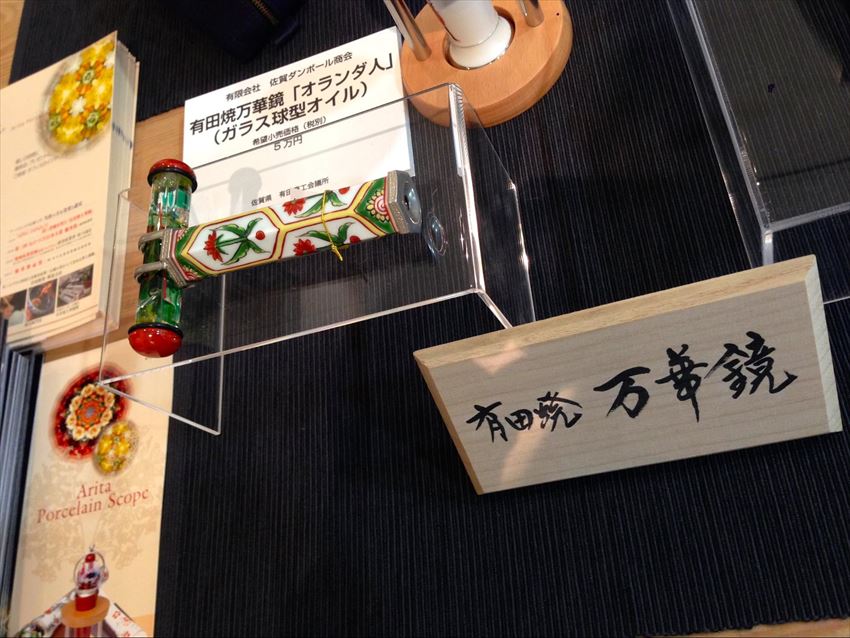
How beautiful!
Let’s read more about it!
Kaleidoscopes or Mangekyô in Japanese have been invented in the early 1800 by the scientist Sir David Brewster then exported all over the world.
It arrived in Japan in 1819 during the Edo Period and it became a very popular entertainment.
Some kaleidoscopes are made with paper tubes or cheap materials but those one are made with very expensive hand painted porcelain from Arita in Imari region in Japan, glass or silver parts.
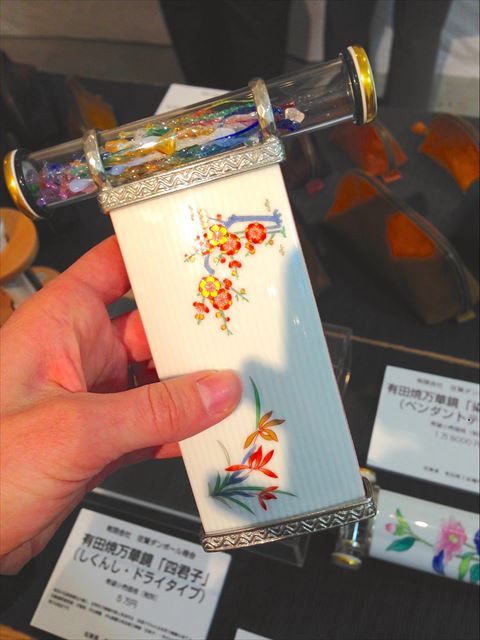
Just look in the hole in the direction of a light source and turn the small tube containing pearls or glass shards.
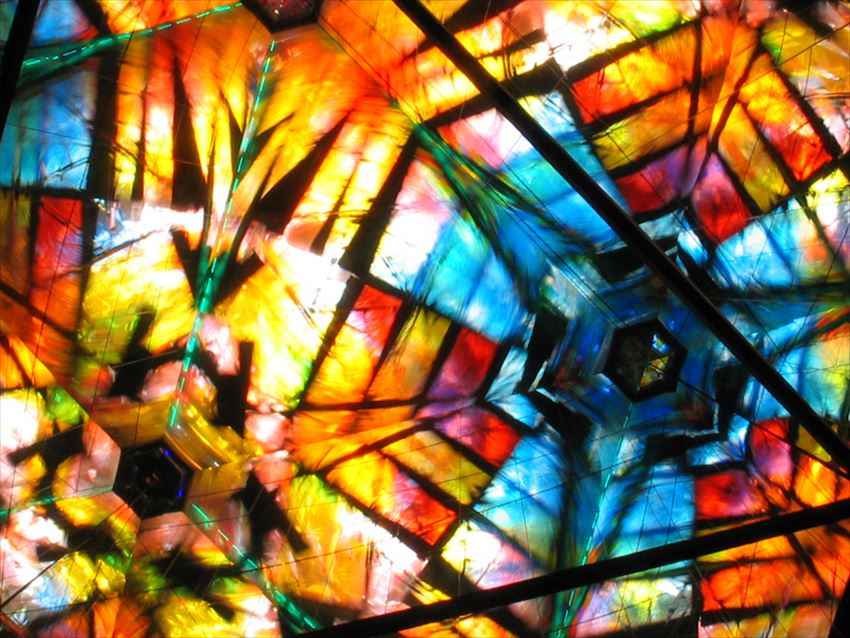

How beautiful!
Let’s read more about it!
Kaleidoscopes or Mangekyô in Japanese have been invented in the early 1800 by the scientist Sir David Brewster then exported all over the world.
It arrived in Japan in 1819 during the Edo Period and it became a very popular entertainment.
Some kaleidoscopes are made with paper tubes or cheap materials but those one are made with very expensive hand painted porcelain from Arita in Imari region in Japan, glass or silver parts.

Just look in the hole in the direction of a light source and turn the small tube containing pearls or glass shards.

Photo by Rudolf Ammann
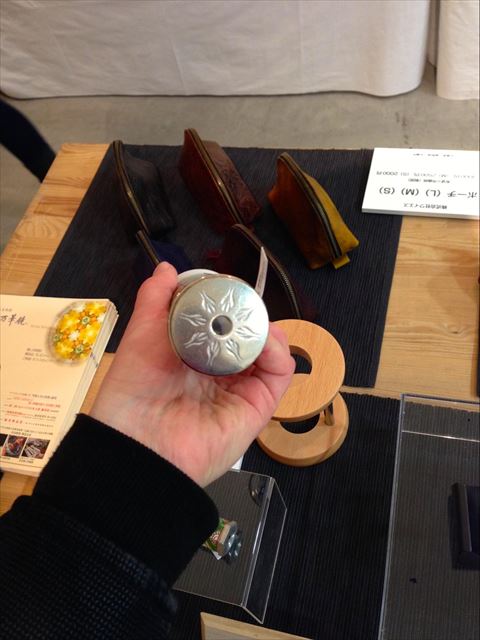

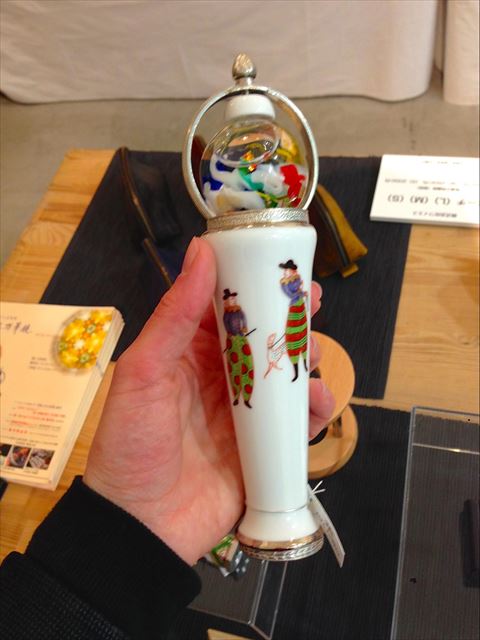
The hand drawn patterns of Arita porcelain are so beautiful and sophisticated!
Look at this little one, it’s a necklace on a silver chain!
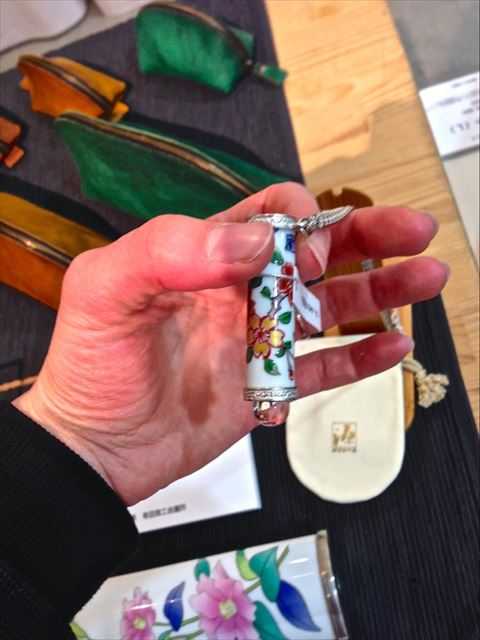
Since those kaleidoscopes are made by hand with very precious materials, they are quite expensive luxury goods.
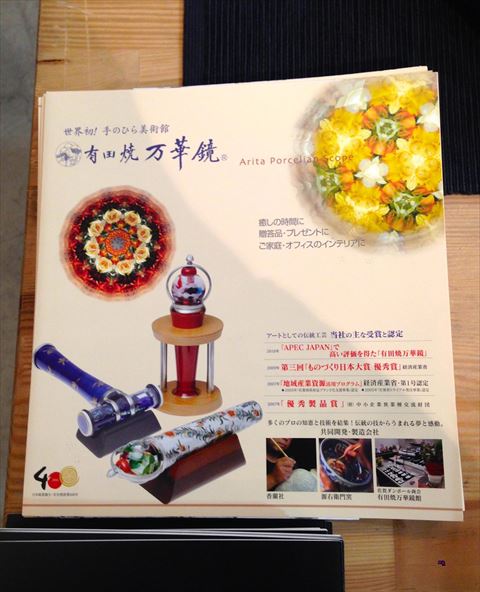
Do you like those porcelain items?
Official site:
http://www.arita-mangekyo.jp/eng/index.html
More about Imari porcelain:
http://en.wikipedia.org/wiki/Imari_porcelain
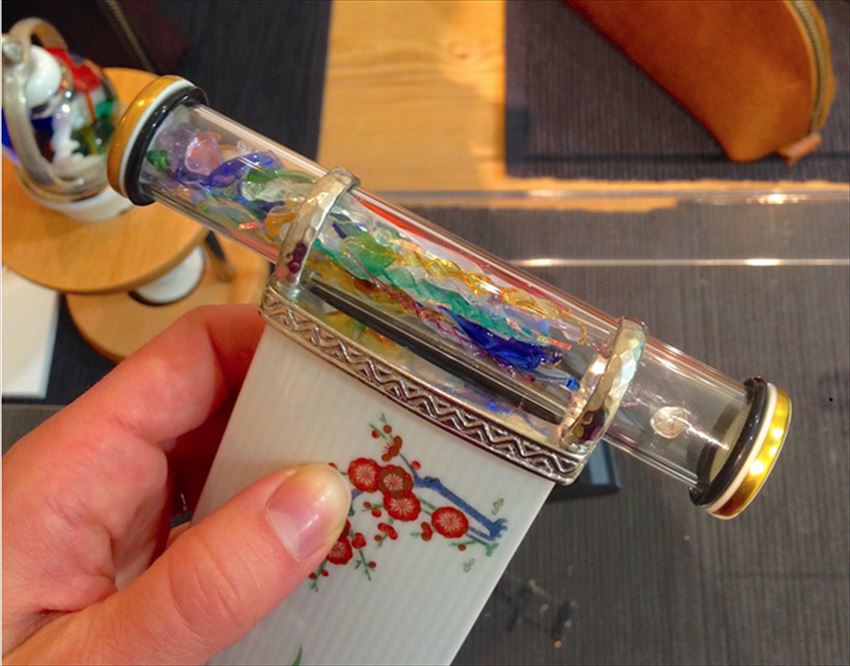
Comments